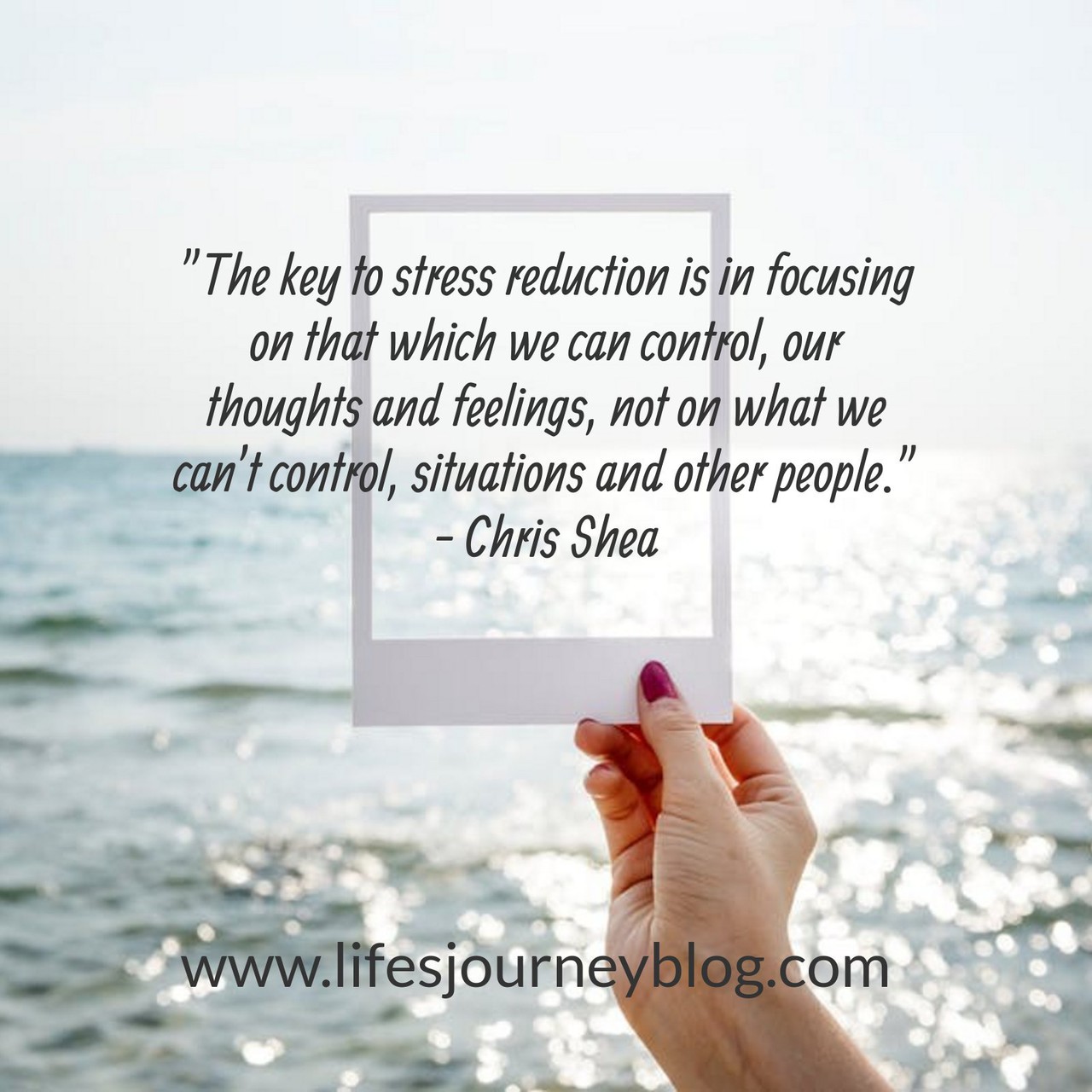Archive for May 2018
How To Feel Inner Peace By Changing Perspective
Inner peace is possible if we change our perspective to control what we can control. Peace of mind is in our thoughts and feelings.
Who doesn’t like to feel in control of life? Experiencing peace of mind is part of our human condition; believing that we have control over our lives. In actuality, we have limited control over life. How many times have you had plans for your day, only to have them changed by situations which were out of your control? Have you ever been in an accident? Was that in your control? How about the future; are you in control over situations which have not as yet happened? The source of peace is found in our ability to change our perspective.
As you can see, there is much about our life we have no control over, therefore the reason we don’t feel inner peace. This battle between wanting and believing we are in control, versus not being in control, is the primary cause of our stress. When reality enters our imaginary belief, we feel stressed. For many of us, when the fact of our lack of control becomes too much for us to handle, we mentally skew that reality, creating an imaginary reality in which we believe. This imaginary reality is not reality at all; merely our imagination. But, if we are convinced of our false reality, we may feel less stress, but we won’t feel at peace. Why? Feeling inner peace is about acceptance; creating an alternate reality is not acceptable at all, thus the importance of inner peace.
Bonus: Chris Shea is offering this free GIFT explaining how you can improve your life with life coaching! Click here to get it
Don’t go beating yourself up about skewing reality. We all do it. We’ve learned this behavior since we were children, regardless of how you were raised. In the realm of cognitive behavioral therapy, this way of thinking is called irrational. Not that we are irrational, but the idea of thinking about our reality in a skewed manner is irrational. In this setting, irrational is defined as leading us away from happiness. If a thought is such that leads us from being happy, doesn’t it make sense that it would be “irrational”? Why would we think opinions which don’t make us happy? Yet, we do it much of the time.
The ABC’s of irrational thoughts guide us in thinking rationally, that is, considering ideas which lead us to happiness and inner peace. The ABC’s reframe our perspective on life so that we think differently and therefore feel and act differently. In this construct, the “A” stands for the “activating event,” or, the event which has or is happening. The “B” is my belief about the event. The belief is my value judgment as to the goodness or badness of the event. The “C” is the consequence I am left with based on my value judgment. The “D” is my dispute with my irrational thought as a result of an adverse consequence. If I have a positive result, there is no reason for a dispute. Let me give you an example.
Let’s say a weather event happens, and it destroys your house. The “A” is the weather event. The “B” is your belief about the event, namely the destroyed house as a result of nature. The “C” is the consequence of how you are feeling as a result of your belief. If you believe that the house is but materials which can be replaced while the safety of your family matters most to you, then your consequence will be fairly positive so long as your family is truly safe. But, if you are upset and angry over losing your house to nature, and questioning why bad things always happen to you, then your “C” will be negative as those emotions are leading you away from your happiness.
In the example above, our stress increases while our inner peace decreases if, in our dispute (“D”), we try to change “A,” the event. In most situations, we have no control over the events of our lives. So when we dispute the events, we increase our stress as we realize our lack of control. But, what we do have control over are our thoughts and actions, the “B.” The key to coping with perceived negative situations is not to change the situation, but rather to change our belief about the situation. Instead of feeling that the world is out to get you and that is why nature destroyed your house, changing your belief to understanding the randomness of nature, and redirecting your frustrations to positive action for others, will change your consequence, the “C.” Your stress will decrease as you are changing what you have control to change!
So, the key to stress reduction and the source of peace is in focusing our thoughts and actions on that which we can control, our thoughts and feelings, not on what we can’t control, namely situations and other people.
{loadmodule mod_custom,continue the conversation here or on social media}

